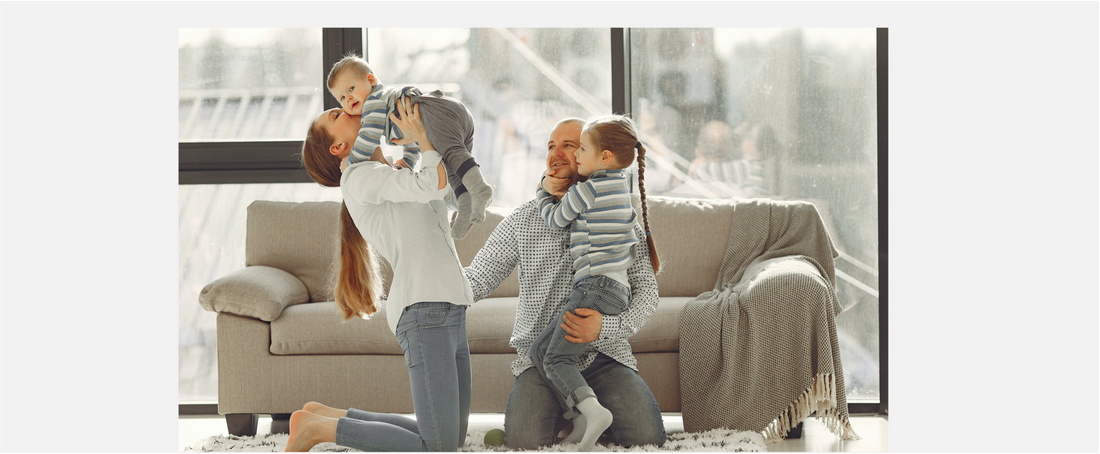How Cold Weather Can Affect Your Allergies

How Cold Weather Can Affect Your Allergies
With cooler temperatures and rainy days upon us, it’s not unusual for allergy sufferers to experience mixed symptoms.
According to Dr. Alan Goldsobel of Allergy and Asthma Associates of Northern California, and a Tivic Health medical advisory board member, “Changes in atmospheric pressure and colder temperatures, along with more rain and wet weather cause less plant pollination – which are great for those who suffer from pollen allergies.
“However, if you are sensitive to mold or dust allergens, higher moisture levels on rainy or humid days make mold and dust mites thrive and can worsen your symptoms. Mold is commonly known for growing in wet spots outdoors such as in piles of damp leaves or in damp areas like bathrooms and basements.
“And as we spend more time indoors during the cooler months, other indoor allergens like pet dander can trigger allergy symptoms,” continued Goldsobel. “In addition, use of central heating and even worse – some types of combustible heating and use of fireplaces – can cause more irritation of both the upper and lower respiratory tracts (nose, sinuses, and lungs).”
Consider these tips to manage your symptoms from these fall and winter allergy triggers:
- Consider replacing any carpeting from your bathroom and basement with tile, linoleum, or concrete flooring that will not retain moisture. And if possible, eliminate carpeting in your bedroom and living areas if you have strong dust mite allergies.
- Wash all bedding with hot water – at least 130 degrees Fahrenheit; and remove dust collectors from the bedroom by using mite-proof encasings on your mattress and box springs.
- There is no such thing as a truly “hypoallergenic” cat or dog, so it’s a good idea to keep pets out of your bedroom.
- Conduct frequent checks of your home for mold growth – clean up any standing water, and fix pipe leaks or groundwater seepage in basements.
- Before turning on your heat for the first time, clean your heating vents and change the filter. Use a HEPA filter in your heating system to remove mold, pollen, and other particles from the air.
- Use a dehumidifier to keep humidity levels between 35% and 50%.
- Consider adding the 100% drug-free ClearUP device to your treatment regimen. ClearUP is a clinically proven, non-invasive device that provides rapid relief of sinus pain, sinus headache, and congestion from allergies. It’s a new form of treatment that uses safe neuromodulation as a means of addressing patient needs.


